There are steps you can take now to reduce your outgoings and bring in extra cash to help make ends meet.
Sadly, the cost of living crisis has pushed many families into poverty. For some, that means making an extreme choice between food and fuel.
For the majority of people, it means tightening our belts. New YouGov data shows that half a million people in Scotland have no money left after paying essential bills.
Caithness Citizens Advice Bureau (CAB) says it’s seeing more and more new clients, including people who are ‘in work’ but starting to struggle.
In response, they’re launching a dedicated money advice service. It’s part of a national campaign from Citizens Advice Scotland called Our Advice Adds Up.
So what can we do, today, to improve our family finances?
We asked Caithness CAB manager Sadie Kevill for her advice on how to save money.
Know your ins and outs
It may sound obvious, but knowing your money is essential. Many of us build up small expenses here and there that soon add up. Low-cost subscriptions that auto-renew are easy to forget in the rush of family life.
It’s worth setting aside time to go through your bank statements and write down absolutely everything you pay for. Make a spreadsheet that does the sums for you, if you like.
Then consider which of these expenses are essential and which are luxuries. Usually there’s some that can be cancelled relatively painlessly.
If you need help, CAB has dedicated money advisers who can go through your individual income and expenses to help you find ways to save.
Check your benefits
New funds are starting to pop up now, as governments and councils work to address the cost of living crisis.
It can be hard to keep track. And while you might not think you’re entitled to help, more and more people are meeting the criteria.
“We’re starting to see people who are in work come to us for support,” says Sadie. “We don’t normally see people in work – they come to us for different reasons but not necessarily due to lack of finances. That’s starting to happen now. We’re not at the point where it’s through the roof yet, thankfully, but we’re anticipating that will increase.”
Sadie recommends checking if you meet the criteria for any current or new benefits.
“Ensure you’re getting everything you’re entitled to,” she says.
For example, people who are in work but on a lower income may be eligible for a benefits top-up.
Things like Council Tax deductions for single occupiers and pension credits for older people are often overlooked, says Sadie.
And while most people pay council tax over 10 months, local authorities can spread it over 12 in some circumstances.
The UK Government site has a free, anonymous benefits calculator and your local CAB office can provide personalised advice.
Last year, one in five people who visited CAB Scotland saved an average of £4,400.
Don’t hide from debts
Debt can be a crippling burden, but quick action can make a big difference.
“If you already have debt, or if you’re struggling with outgoing payments and could fall into debt quite quickly, it’s important to have that initial conversation,” says Sadie. “If you can’t afford commitments to financed goods, it’s important to contact creditors and agree plans. Even in the short term, so people don’t fall into debt to the point where they’re getting constant letters and interest added. It’s best to deal with it early.”
This leads us to one of the biggest debates in managing money: should you run savings alongside debt? Money Saving Expert Martin Lewis has detailed advice on this.
Many people have a ‘rainy day fund’ earning very little interest, while they pay a fortune on credit card and loan repayments. If you do have savings, it may be best to use these to pay off expensive debts.
A word of caution though: that doesn’t apply to every case, and depends very much on individual circumstances.
Again, seek independent financial advice from CAB on how to save money.
Save your energy
Obviously, this one is the source of most of our pain. The UK Government has now announced plans to cap the October energy price hike. And good news for our readers in the rural north: for the first time, this includes domestic oil heating. The details are scarce at the moment, but more information will filter through in the coming weeks.
There’s also the £400 energy discount scheme automatically applied as a credit to bills in the next three months. Families on lower incomes will receive their second cost-of-living payment, and elderly people can claim a winter fuel payment.
If you’re already reaching for the thermostat or turning off lights, Sadie has some extra advice: don’t forget your meter readings.
“Our energy advisers have discussions around practical things in the home,” she says. “For example, meter readings. There can be big discrepancies between estimated and actual readings. So if you’re cutting your energy use down and you’re still getting an estimated bill, it may not reflect your actual usage.”
CAB offers support for people who can’t get a reading due to age or disability, and people who think their meter may be broken.
There are also specific funds for people on prepayment meters, and a fuel fund for people in crisis. Customers who are particularly vulnerable can ask suppliers to put them on a Priority Services Register too.
While there’s little opportunity to switch suppliers, any steps to reduce consumption can quickly add up. Check your tariff – many consumers don’t realise that it’s cheaper to run appliances like tumble dryers in the evening, at off-peak prices.
If you’re unsure, Home Energy Scotland can provide detailed advice on heating and fuel costs.
Food for thought
The impact of inflation is obvious when we get to the tills on our weekly food shop. For many of us that means cutting down on branded goods and luxuries.
There are also simple ways to make food go further. The average UK household throws away nearly 2kg of food every single day.
“Planning meals can really help to reduce food waste, and so can batch cooking then freezing in individual portions,” says Sadie.
However, the main message CAB wants to convey is that there’s no shame in struggling. Now more than ever, many of us are in the same boat.
“The extent of the financial crisis is really shocking,” says Sadie. “So many people are coming to us who just have no money at all. That’s why we’re launching this campaign -to remind people that we are here, and we can help.
We might be able to find some benefit or grant you’re entitled to that you don’t know about. Or we can negotiate with your creditors or your energy company to get you a better deal.
“If you’re worried about money just now, you’re not alone and it’s nothing to be ashamed of. Help is here if you need it.”
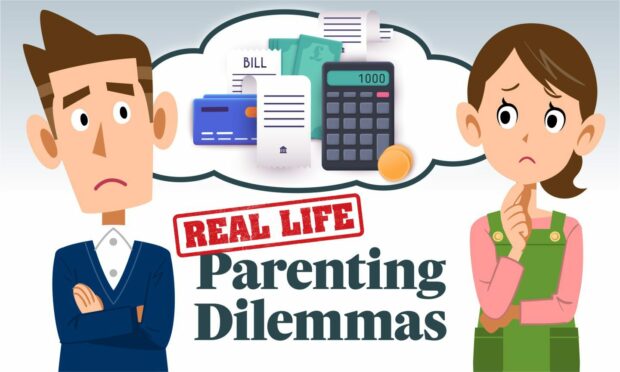


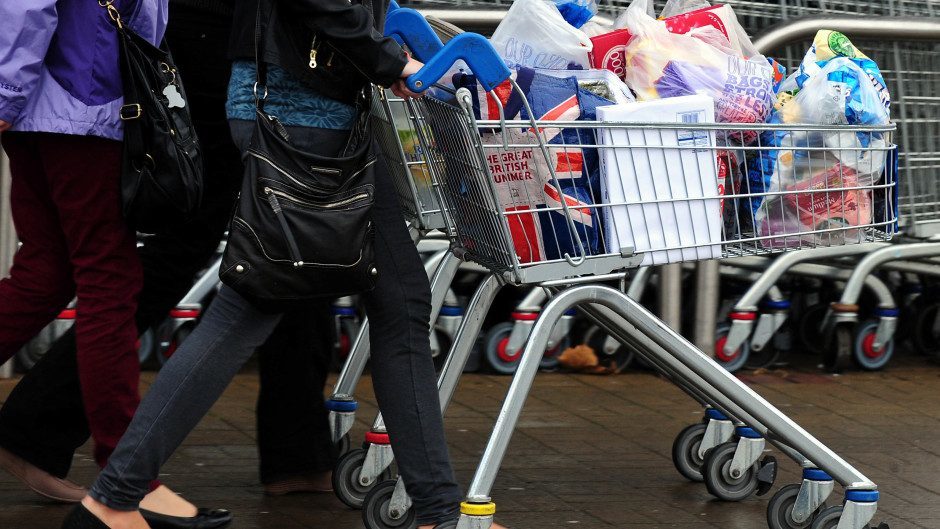
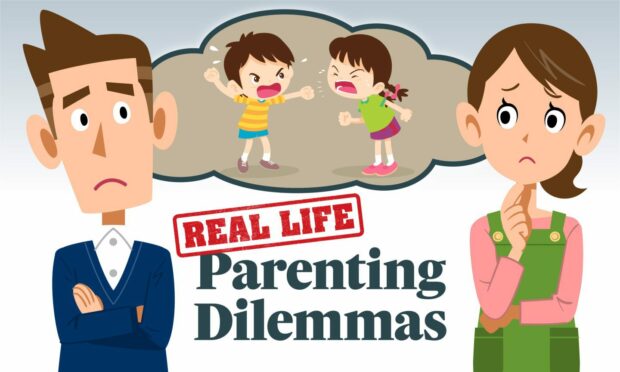
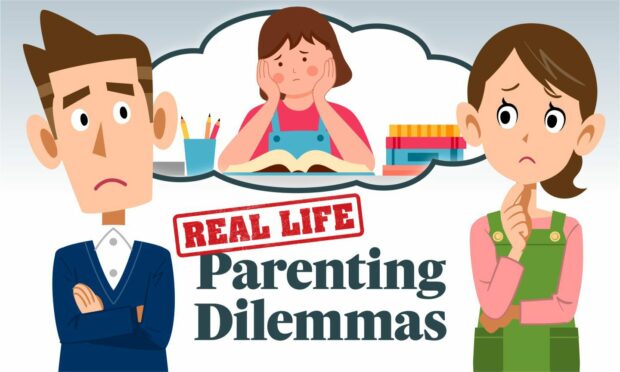
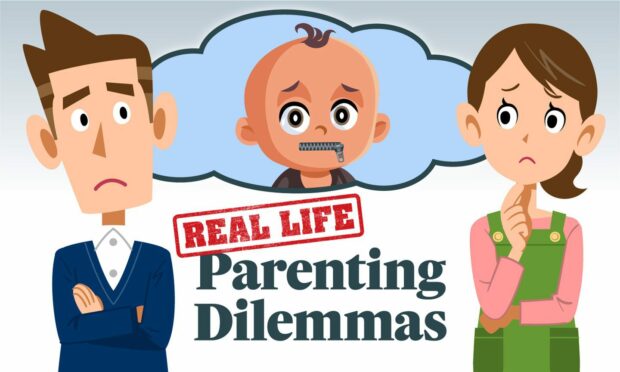
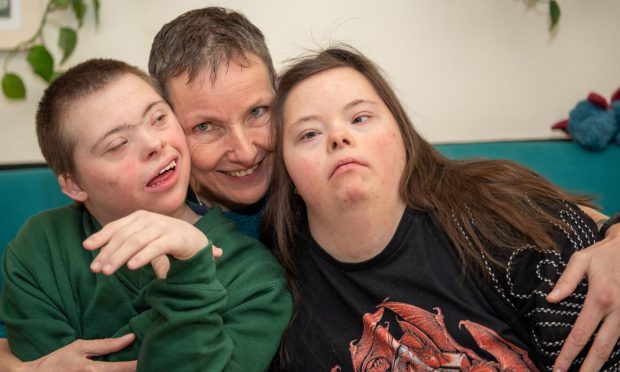

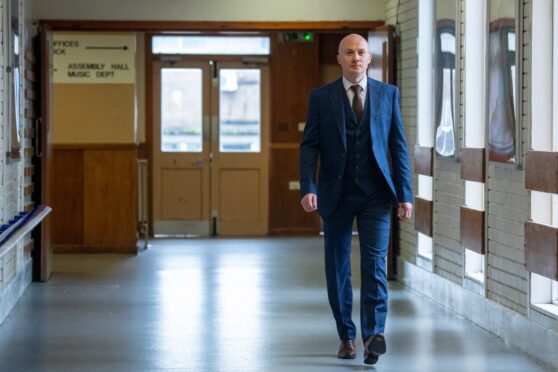
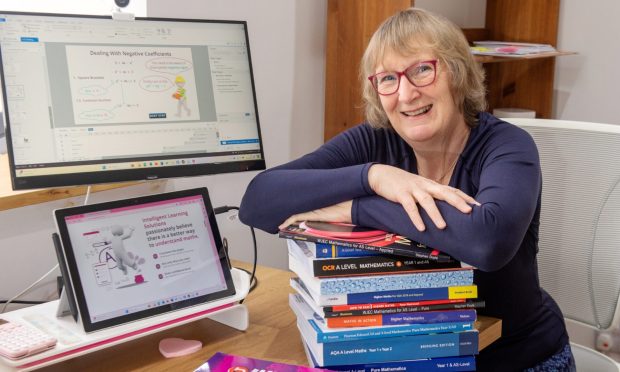
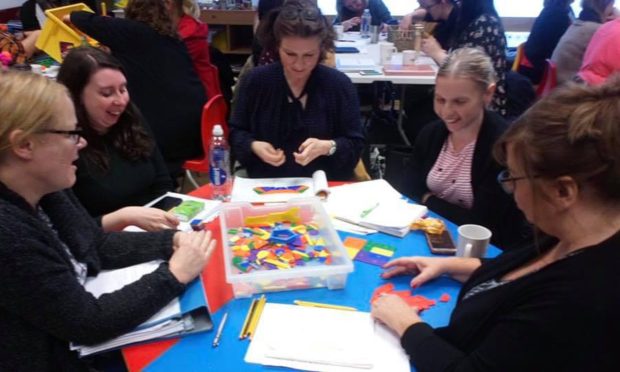


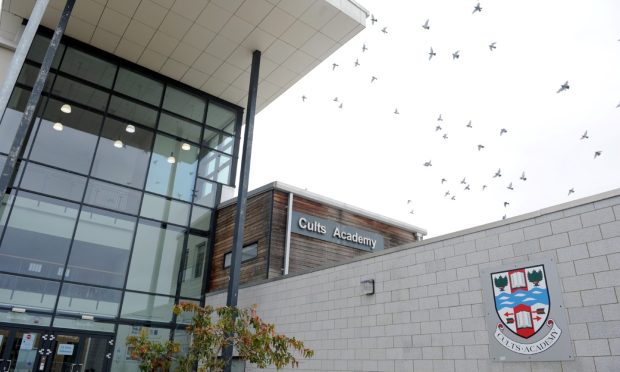


Conversation